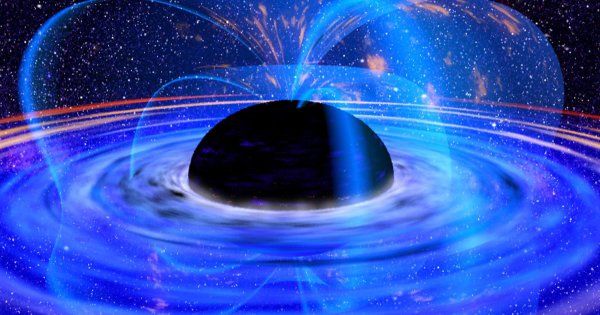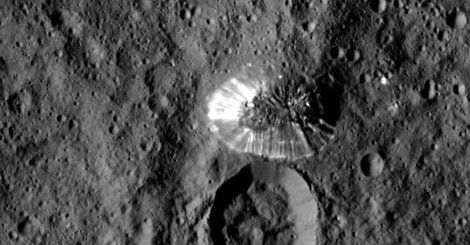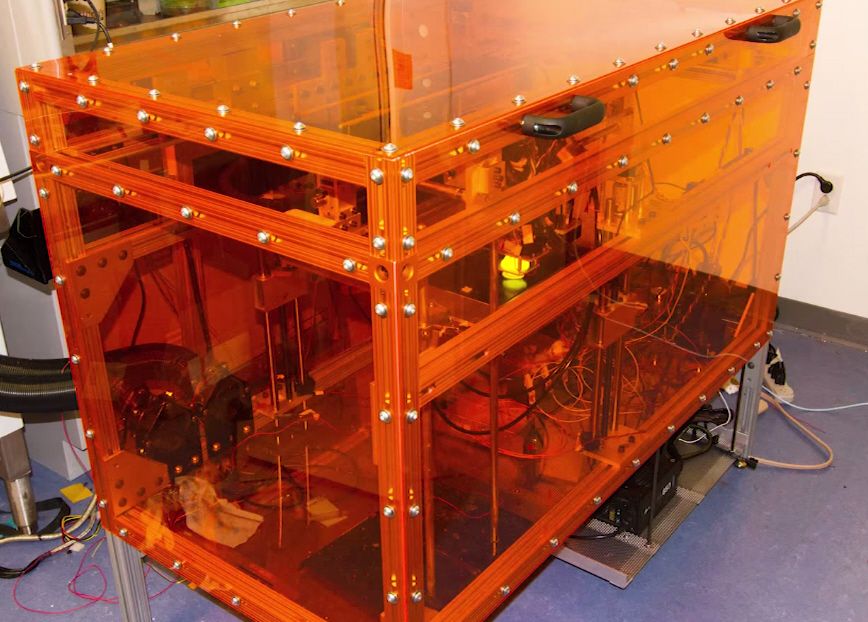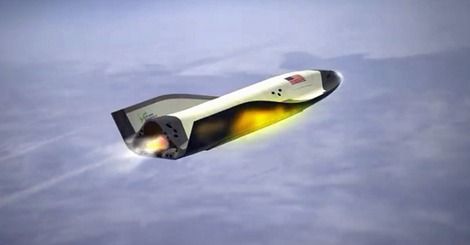Page 11713
Aug 25, 2015
Ceres’ Four-Mile Tall ‘Pyramid’ Is Closer Than Ever, Still Puzzling
Posted by Sean Brazell in category: space
The closer we get to Ceres, the largest object in our solar system’s asteroid belt, the stranger it becomes.
In June, NASA released a photo of Ceres, taken by the Dawn spacecraft from 2,700 miles away, that showed a several-mile high “pyramid” protruding from the dwarf planet’s otherwise generally smooth surface. And a new photo, taken last Wednesday from only 900 miles away, shows the mountain is four miles high and has a perimeter of previously unseen, reflective streaked slopes.
Aug 25, 2015
Vote or die? Meet the presidential candidate who wants to live forever
Posted by Zoltan Istvan in categories: geopolitics, life extension, transhumanism
A new article from The Daily Dot on transhumanism and my campaign:
The Daily Dot is the hometown newspaper of the World Wide Web, reporting on Reddit, YouTube, Facebook, Twitter, Pinterest, and more.
Aug 25, 2015
New Camera Chip Provides Superfine 3-D Resolution
Posted by Shailesh Prasad in category: computing

New imaging technology fits on a tiny chip and, from a distance, can form a high-resolution three-dimensional image of an object on the scale of micrometers.
Aug 24, 2015
Microsoft wants you to scan in 3D using only your phone
Posted by Shailesh Prasad in category: mobile phones
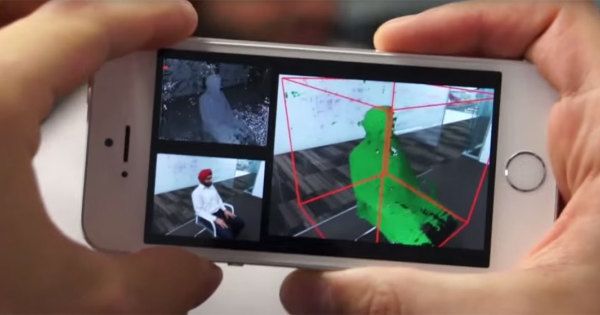
Forget using dedicated scanners to capture objects in 3D — Microsoft’s MobileFusion would let you use only your phone.
Aug 24, 2015
A little light interaction leaves quantum physicists beaming
Posted by Shailesh Prasad in categories: computing, physics, quantum physics
A team of physicists has taken a step toward making the essential building block of quantum computers out of pure light. Their advance has to do with logic gates that perform operations on input data to create new outputs.
Aug 24, 2015
Omnidirectional Virtual Reality Treadmill to Open Up Preorders
Posted by Shailesh Prasad in category: virtual reality
Chinese-based VR treadmill project Kat Walk raised nearly $150,000 on Kickstarter, and the company has announced that non-Kickstarter preorders are coming soon.
Aug 24, 2015
MIT’s New 3D Printer Can Print 10 Materials Simultaneously
Posted by Shailesh Prasad in categories: 3D printing, materials
Aug 24, 2015
‘Information sabotage’ on Wikipedia claimed | KurzweilAI
Posted by Odette Bohr Dienel in categories: education, internet, open access
“Wikipedia entries on politically controversial scientific topics can be unreliable due to “information sabotage,” according to an open-access paper published today in the journal PLOS One.”
Tag: wikipedia
Aug 24, 2015
In The Future, Space Planes Could Be Powered By Microwaves
Posted by Sean Brazell in categories: futurism, space travel
Over half a century after the dawn of the space age, getting to space remains an epic challenge. Twice this year, the first stage of a SpaceX Falcon 9 rocket met a fiery end on the Atlantic Ocean—both attempts to recover and reuse rockets to reduce launch costs. A third rocket never made orbit, exploding on ascent.
